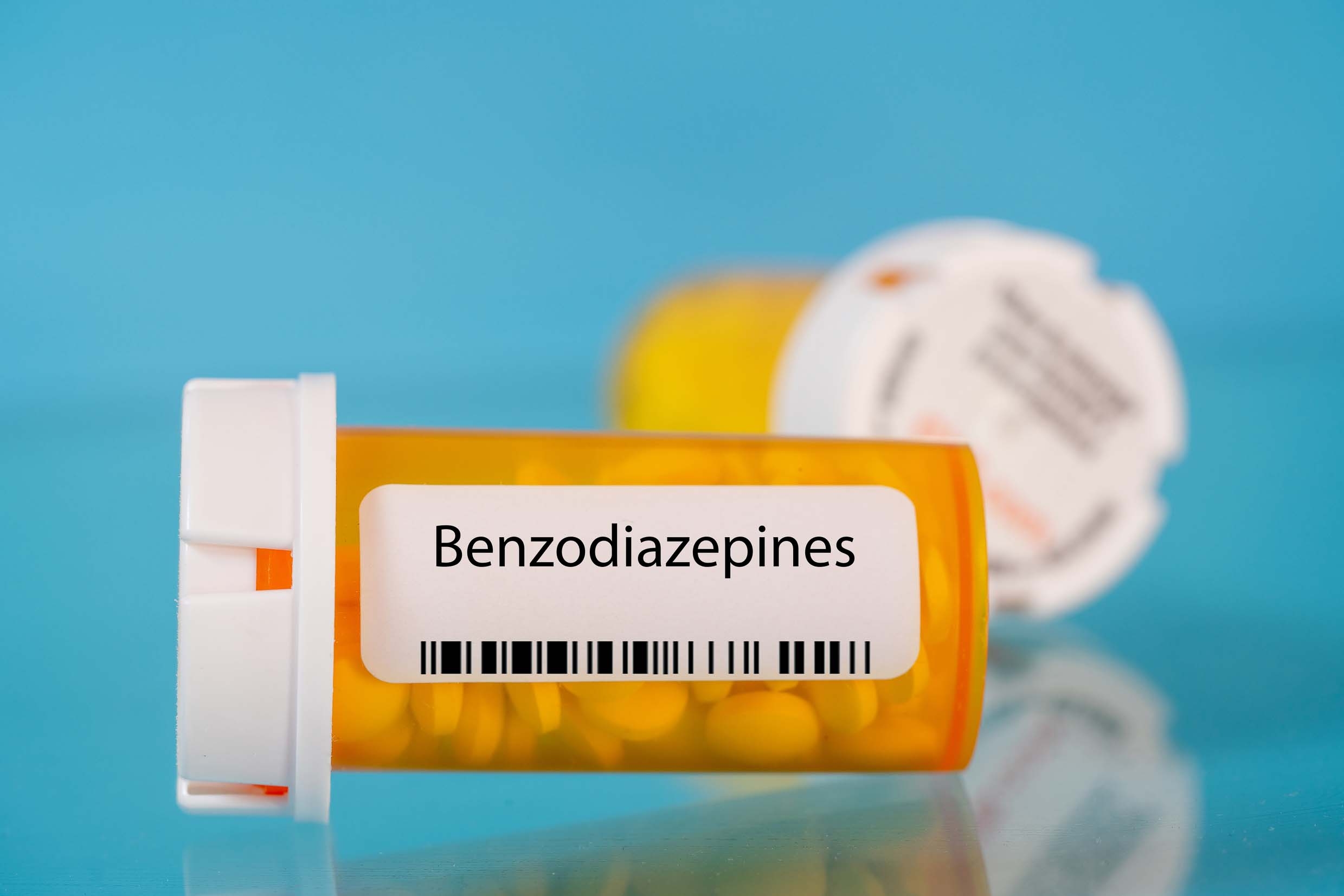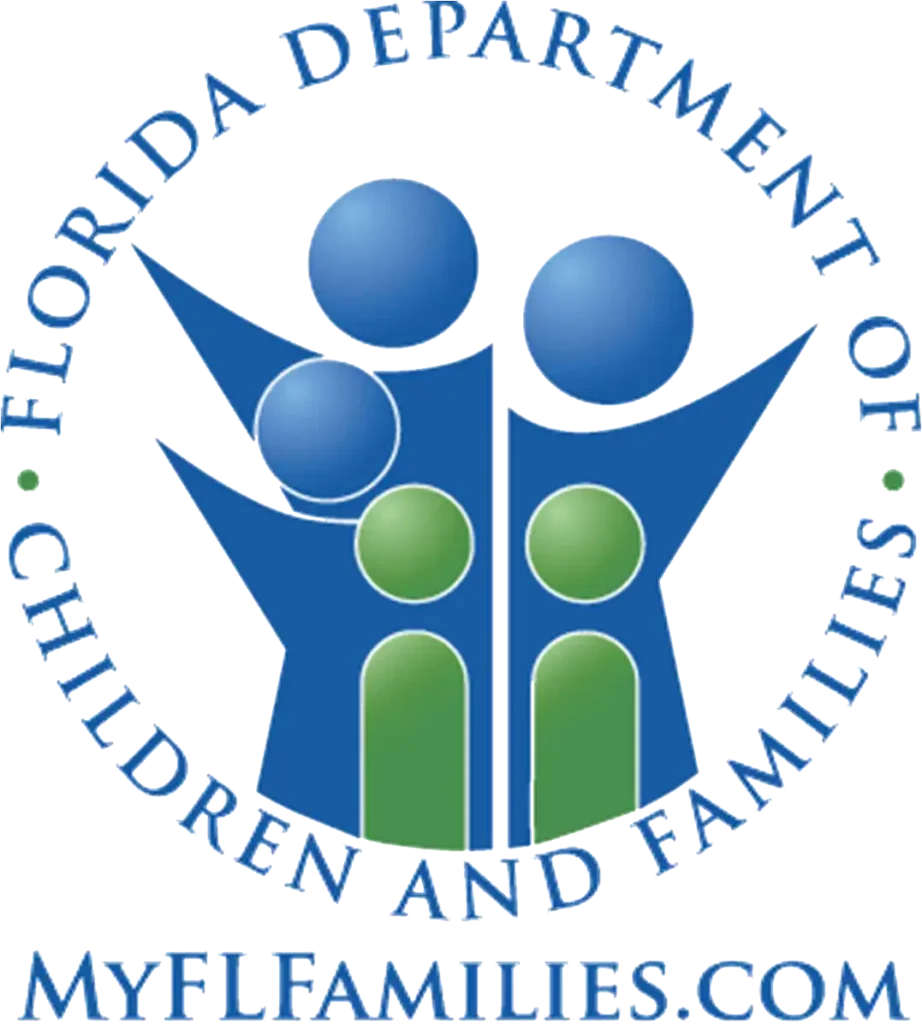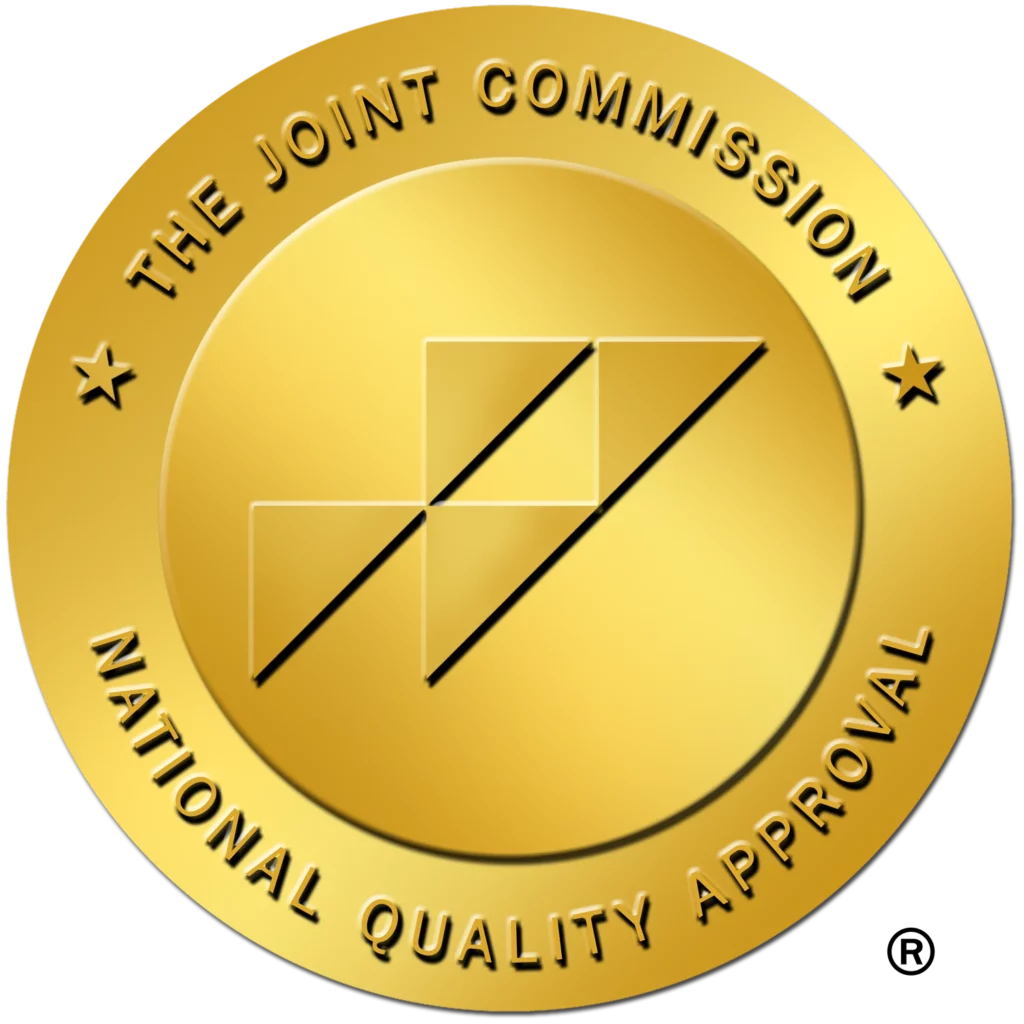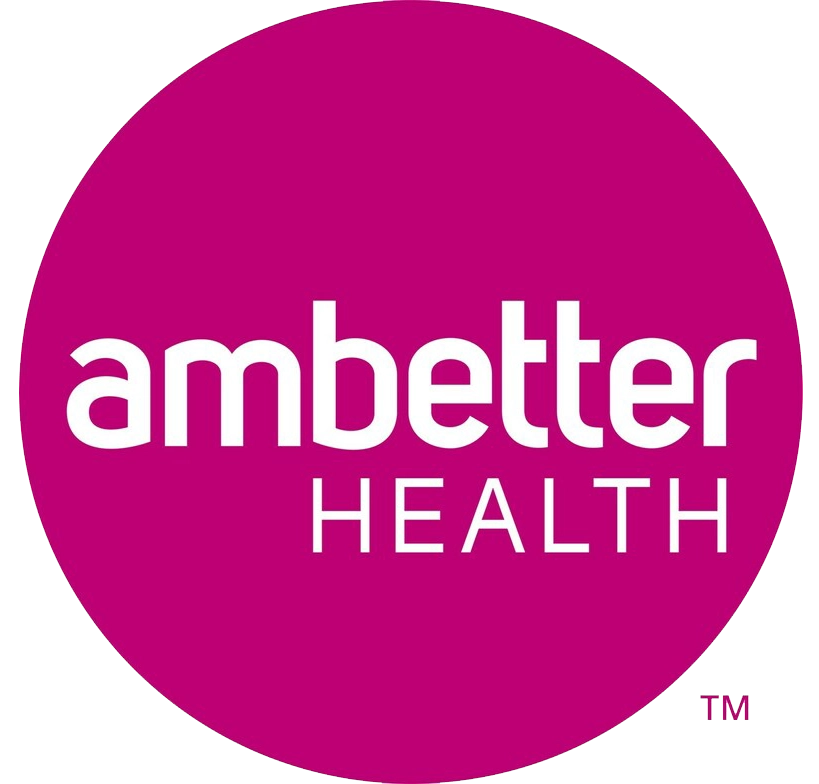
Alcohol Rehab Services in Port St. Lucie, FL
Alcohol Rehab

What does it mean to be an alcoholic?
The term “alcoholic” is frequently used to describe someone who has a problematic relationship with alcohol, often marked by a dependence on it. In medical terms, this is generally categorized under Alcohol Use Disorder (AUD), defined by the American Psychiatric Association’s Diagnostic and Statistical Manual of Mental Disorders (DSM-5).
AUD is identified through a set of criteria that assess the severity of alcohol consumption, such as:
- Inability to limit the amount of alcohol consumed
- Excessive time devoted to obtaining, using, or recovering from the effects of alcohol
- Inability to follow through with major responsibilities at work, school, or home because of alcohol use
- Continuing to use alcohol in spite of professional or personal problems caused or worsened by drinking
- Cravings or strong desire to use alcohol
How many alcoholics are there?
Alcohol Use Disorder is a major public health problem worldwide. According to the 2021 National Survey on Drug Use and Health, 28.6 million people aged 18 and older had Alcohol Use Disorder.
It’s likely these numbers are even higher, given the stigma attached to AUD, which keeps many people from reporting their condition or seeking help.
How does being an alcoholic affect my life?
Being an alcoholic, or having Alcohol Use Disorder (AUD), can have a significant impact on multiple areas of your life, including health, relationships, work, and overall well-being. AUD can disrupt daily activities, create physical health problems, strain personal relationships, and lead to long-term negative consequences.
- Physical Health – Long-term alcohol use can lead to liver disease, heart problems, weakened immune system, and digestive issues. It also increases the risk of accidents and injuries.
- Mental Health – Alcohol often exacerbates existing mental health conditions such as anxiety and depression and can create new problems like memory loss or emotional instability.
- Relationships – AUD often strains relationships with friends and family due to erratic or violent behavior, neglect of responsibilities, and other negative changes in personality.
- Career and Finances – Productivity often suffers, leading to job loss or financial instability. The cost of alcohol itself can also become a financial burden.
- Legal Consequences – Risky behavior while intoxicated, like drunk driving, can result in legal troubles, further complicating your life.
- Quality of Life – Over time, dependence on alcohol can limit your ability to enjoy or even participate in activities you once found fulfilling, leading to a decreased quality of life.
Do alcoholics have other underlying mental health issues?
People with Alcohol Use Disorder (AUD) are more likely to also have other mental health issues like anxiety, depression, and stress disorders compared to those without AUD. These mental health problems can happen at the same time as AUD or one after the other. The most common issues that go along with AUD are depression, anxiety, stress, other substance problems, and sleep disorders.
Some people use alcohol to cope with mental health issues like constant worry, social fears, or panic attacks. However, drinking can also cause or worsen these conditions. This creates a tough cycle: you drink to feel better, but the drinking makes your mental health worse, which then makes you want to drink more. It’s a hard pattern to break, especially on your own.
Alcohol rehab is often needed for a real recovery, especially if you’re also dealing with mental health issues like anxiety or depression. Trying to quit drinking on your own is extremely difficult when you have these other problems.
In rehab, experts can help you with both the drinking and the mental health issues at the same time. This increases the likelihood of recovery and reduces the chances of relapse. This helps you not just stop drinking, but also teaches you how to deal with the reasons you started drinking in the first place.
What happens at alcohol rehab?
Alcohol rehab is often crucial for breaking the cycle of dependence, particularly when other mental health issues are involved. By addressing both the alcohol problem and the underlying causes, you’re given a stronger foundation for a lasting recovery. The structure of rehab offers a level of support and guidance that is difficult to achieve independently.
A rehab program usually includes detox, therapy sessions, educational workshops, and aftercare planning. It’s often tailored to meet the needs of the individual, especially when other mental health conditions are present.
How Alcohol Rehab Works
Alcohol rehab is a step-by-step process that is evidence based, meaning that it has been proven to be clinically effective.
- initial Assessment – Upon arrival, experts assess your physical and mental health to create a treatment plan that suits your needs.
- Detox: The first step is often detoxification to remove alcohol from your system. Medication may be used to handle the withdrawal symptoms. Healthcare experts will oversee the process, to keep you safe and as comfortable as possible.
- Therapy and Counseling – Different forms of therapy, like cognitive-behavioral therapy (CBT) or group therapy, are used to identify triggers and develop coping strategies.
- Educational Workshops – These are designed to educate you about the effects of alcohol, the risks of relapse, and the importance of a healthy lifestyle.
- Co-Occurring Conditions – For those with other mental health issues, such as anxiety or depression, specialized treatment plans are designed to tackle both conditions simultaneously.
- Skills Training – You’ll learn practical skills to avoid relapse, such as stress management techniques and how to handle social situations where alcohol is present.
- Aftercare Planning – Before leaving rehab, a plan is usually developed to support ongoing recovery. This can include regular check-ups, continued therapy, or support group meetings.
- Family Support – Many programs also offer family therapy sessions to help repair relationships and educate loved ones on how to support your recovery.
Is Port. St. Lucie a good place to be a recovering alcoholic?
Many people come to Port St. Lucie to get sober – as it is a quiet residential area not known for nightlife -and many of these people stay for those very reasons. They start businesses which are friendly to recovering alcoholics, make their family’s home here, and actively participate in Alcoholics Anonymous meetings. In fact, there are up to 20 AA meetings every day, spanning from 6:30 am to 8 pm.
You will find staunch support for your sobriety in Port St. Lucie. As the sixth largest city in Florida, the job market is strong, yet the city retains a small-town feel. It lacks the problems that more urban areas tend to have. There is a focus on family and quality of life, and its laid-back feel brings on a sigh of relief to visitors and residents alike. The weather is consistently warm, even in the winter, taking the stress out of yearly snowfalls out of your life.
Those that live here know: Port St. Lucie is the best kept secret of Florida. It’s a strong and growing sober community that hugs the Atlantic Coast and offers plenty of recreational opportunities, from fishing and surfing to hiking and biking.
Foundations Wellness Center
Whole-person treatment
With dual diagnosis therapies, yoga,
chiropractic & more
Comprehensive Care
Addressing each phase of the recovery
journey
Strong alumni program
Providing a lifetime of support
Benefits of Alcohol Rehab at Foundations
Our Happy Clients

“So instead of my story starting at birth (which is a horrendous story in itself!), I’m going to start where my addiction really started, which was 2006 while I was working as a nurse. I had very recently gotten a divorce and had untreated mental health issues. I began using meth to self-medicate because I felt so down…
Articles
-

Risks of Benzodiazepine Use: What to Know
Benzodiazepines, sometimes called “benzos,” are prescription medications that depress the..
-

Medication Assisted Treatment
Addiction is a chronic brain disease characterized by an intense..
-

What Are Adult Children of Alcoholics (ACOAs)?
Adult Children of Alcoholics, or ACOAs for short, are people..
Accreditations
& Certifications


We Accept Most Major Insurances and Private Pay Options are Available.



If you do not see your insurance carrier below, please contact us to verify your benefits with an admissions specialist.
